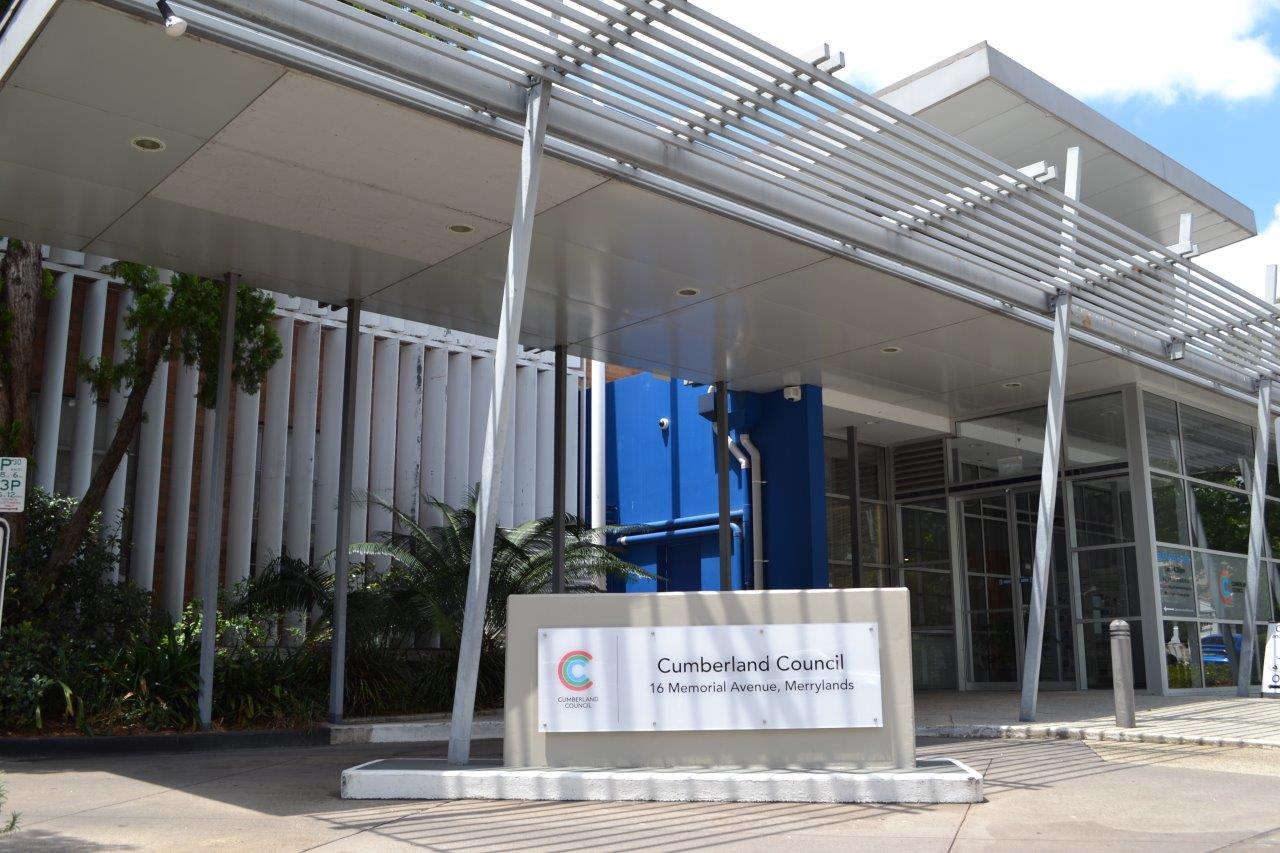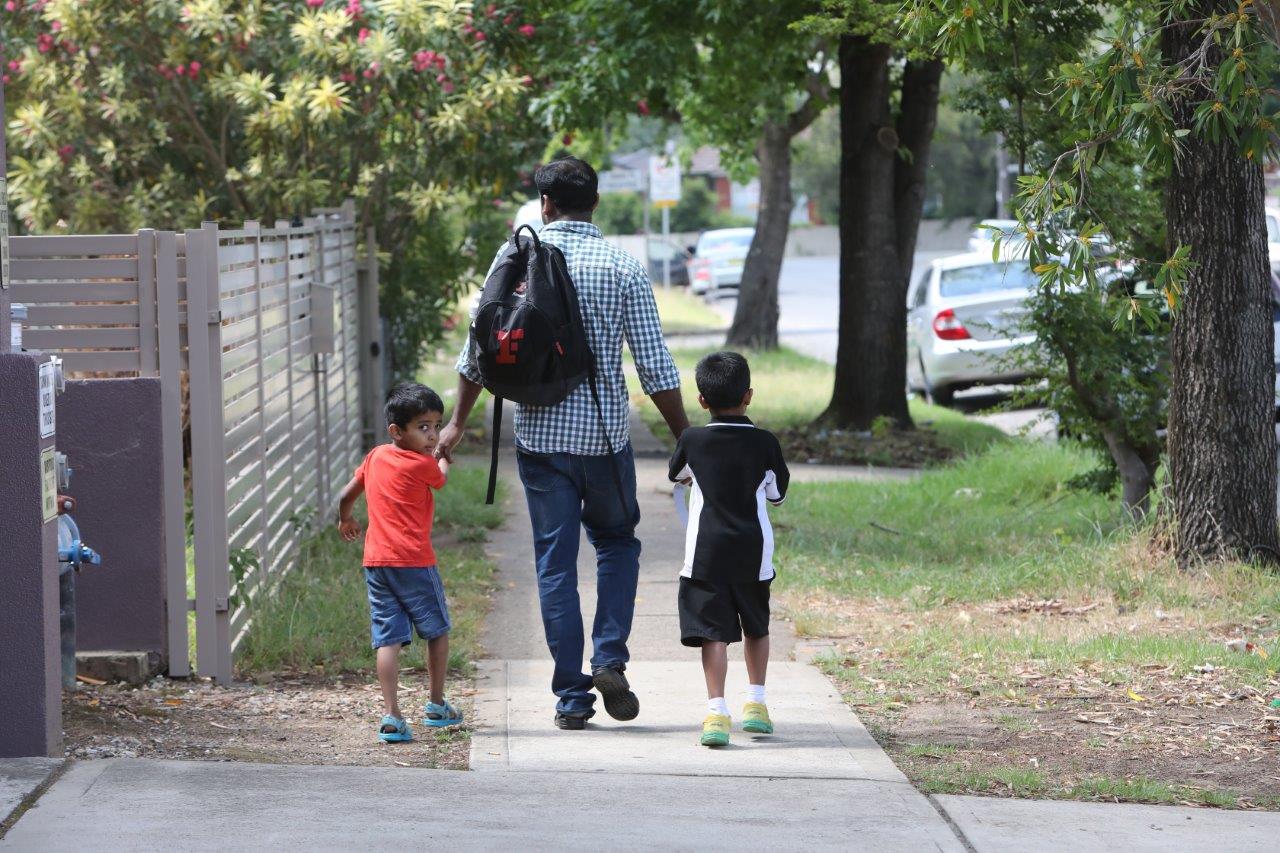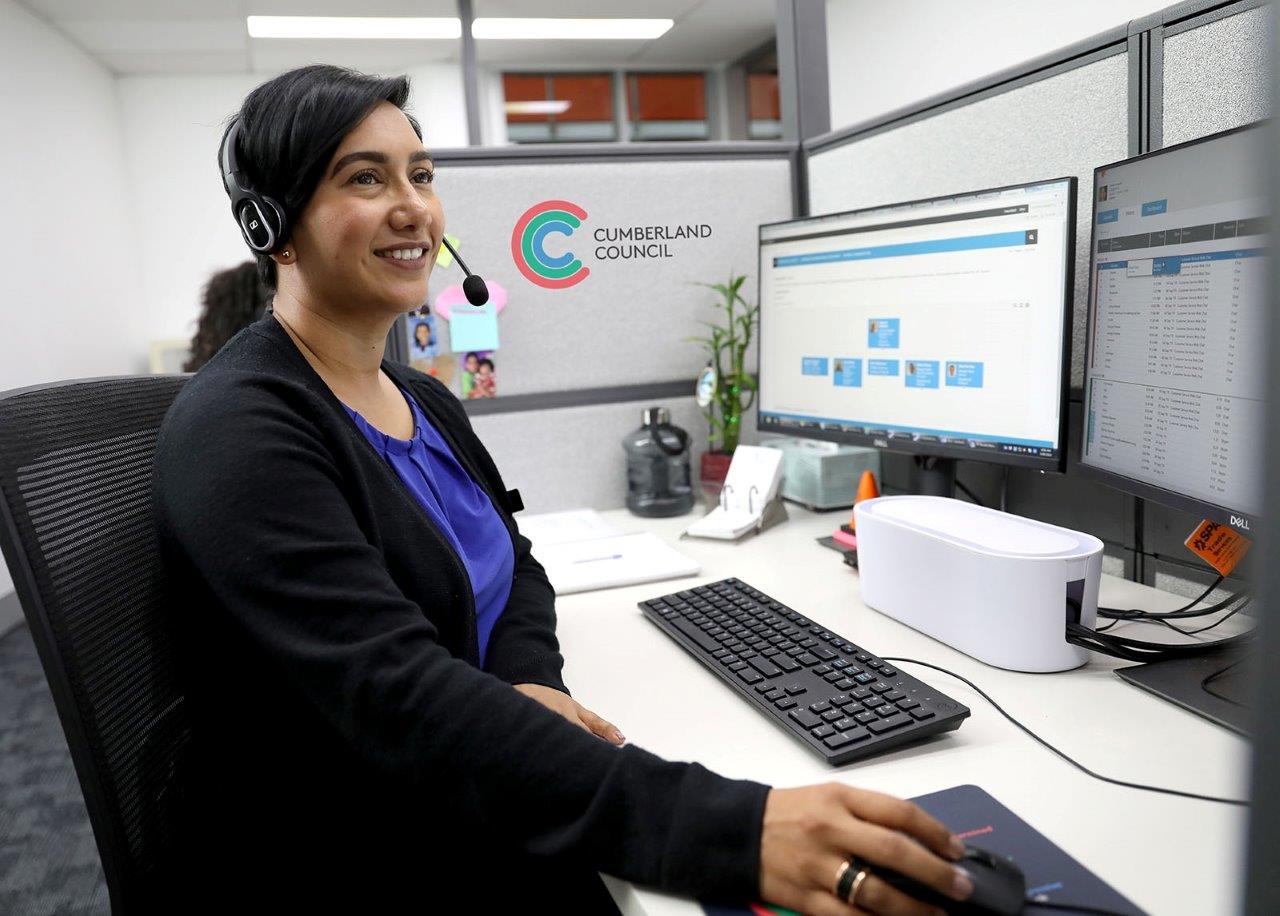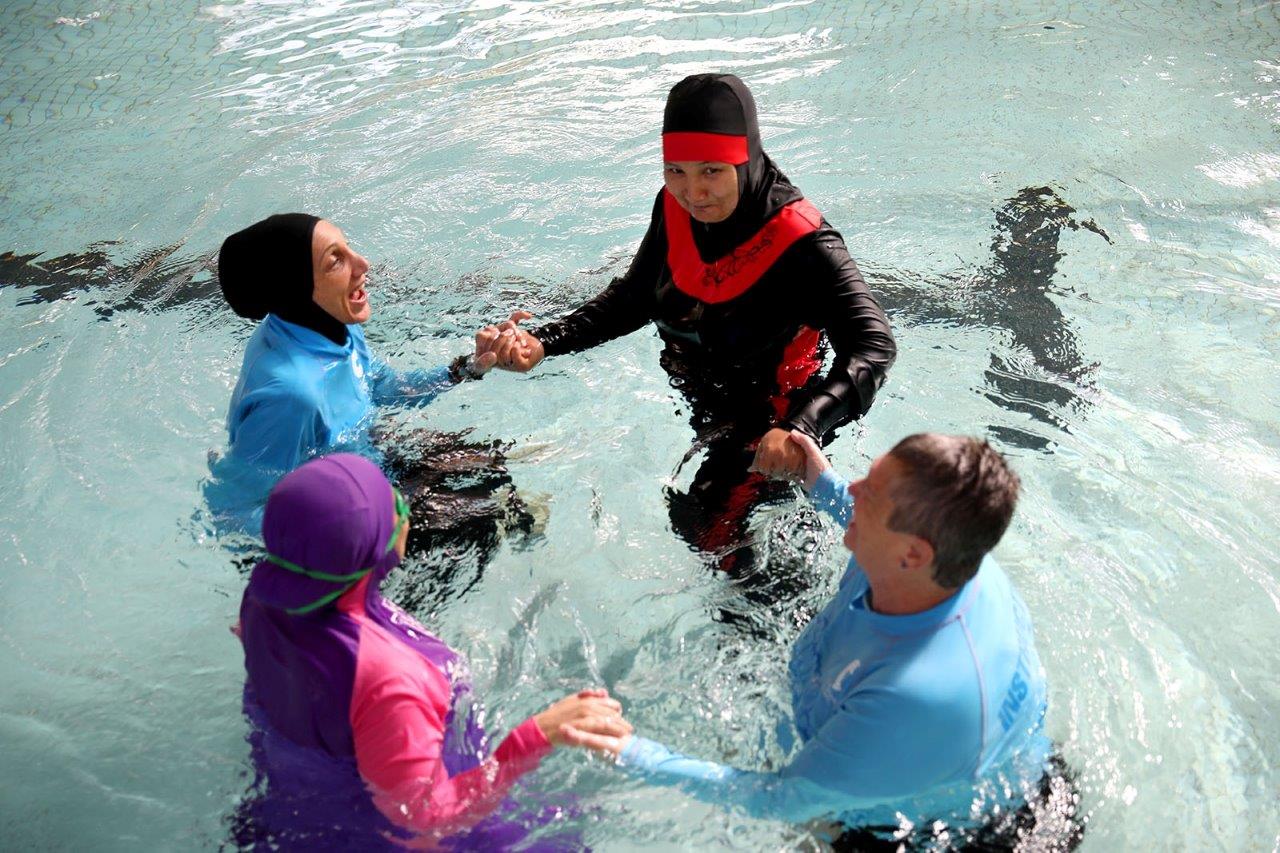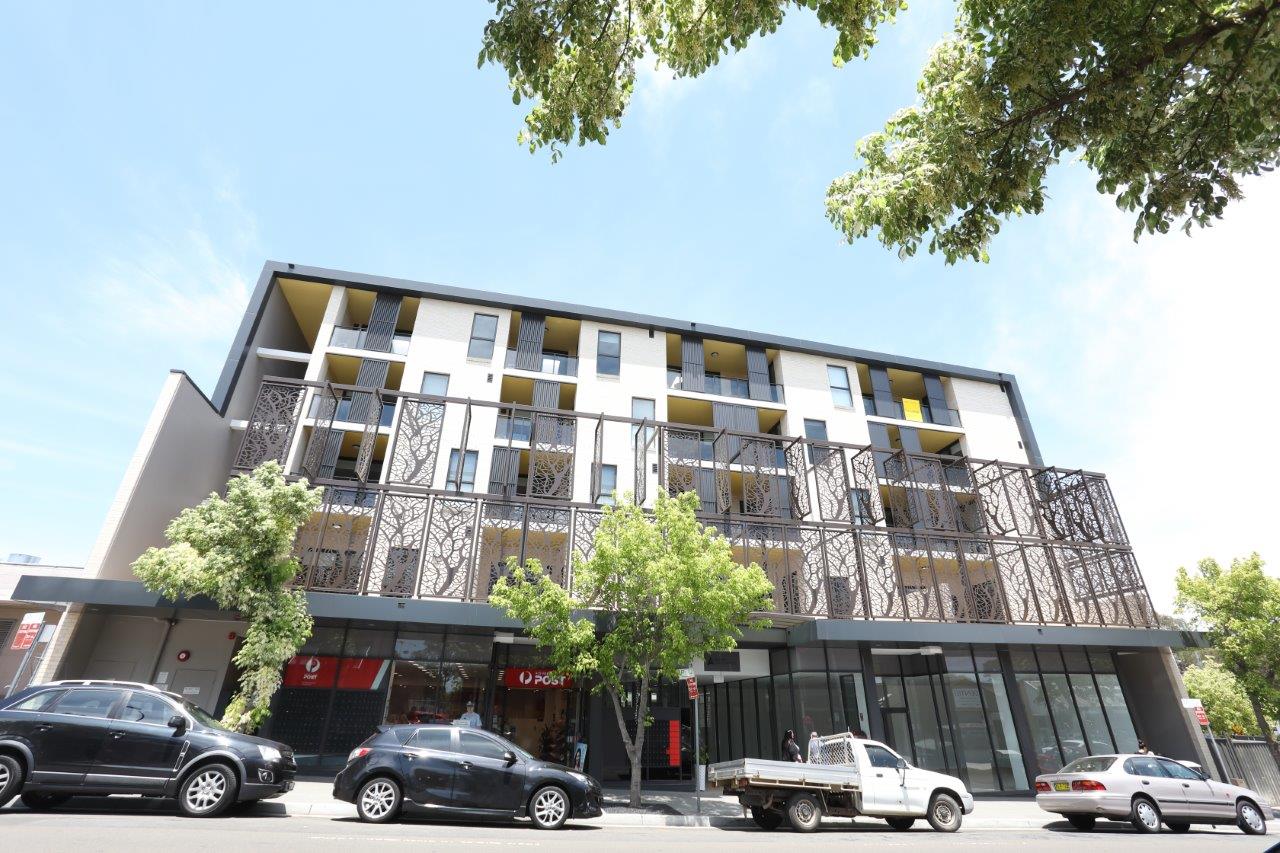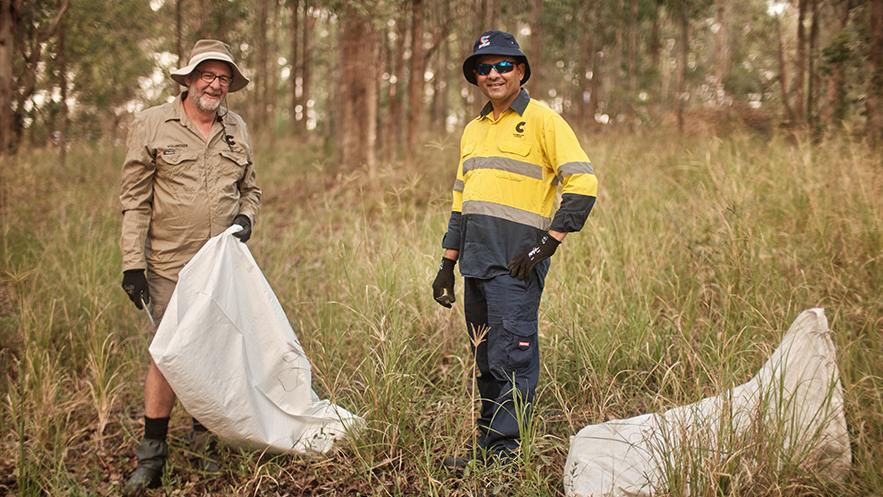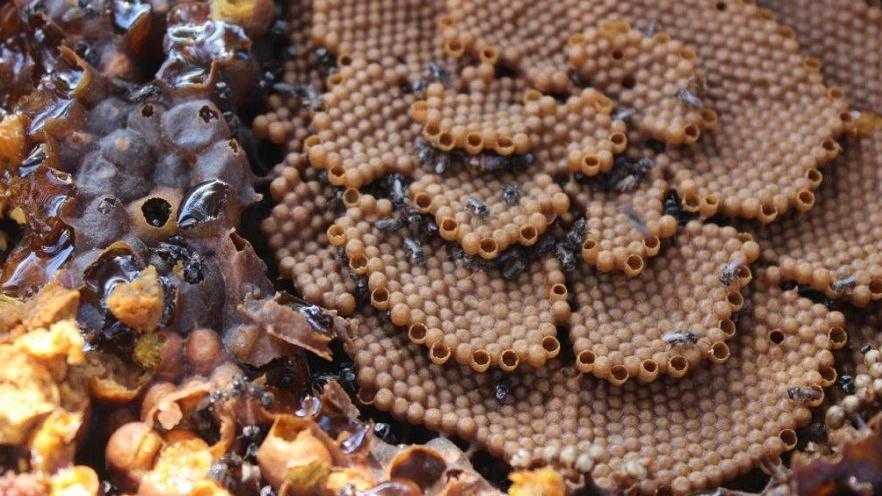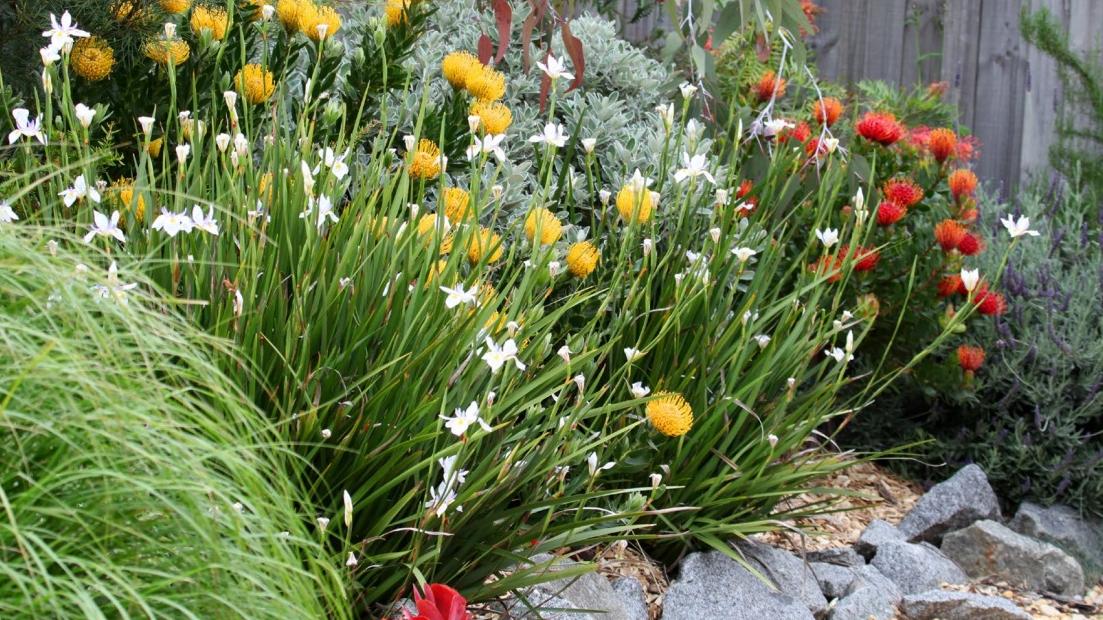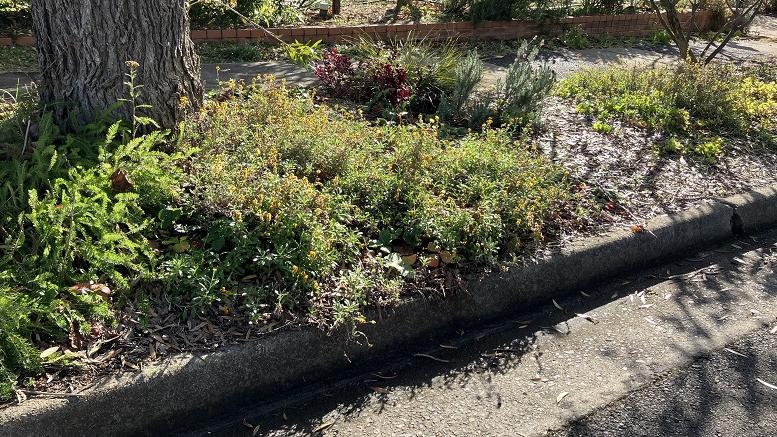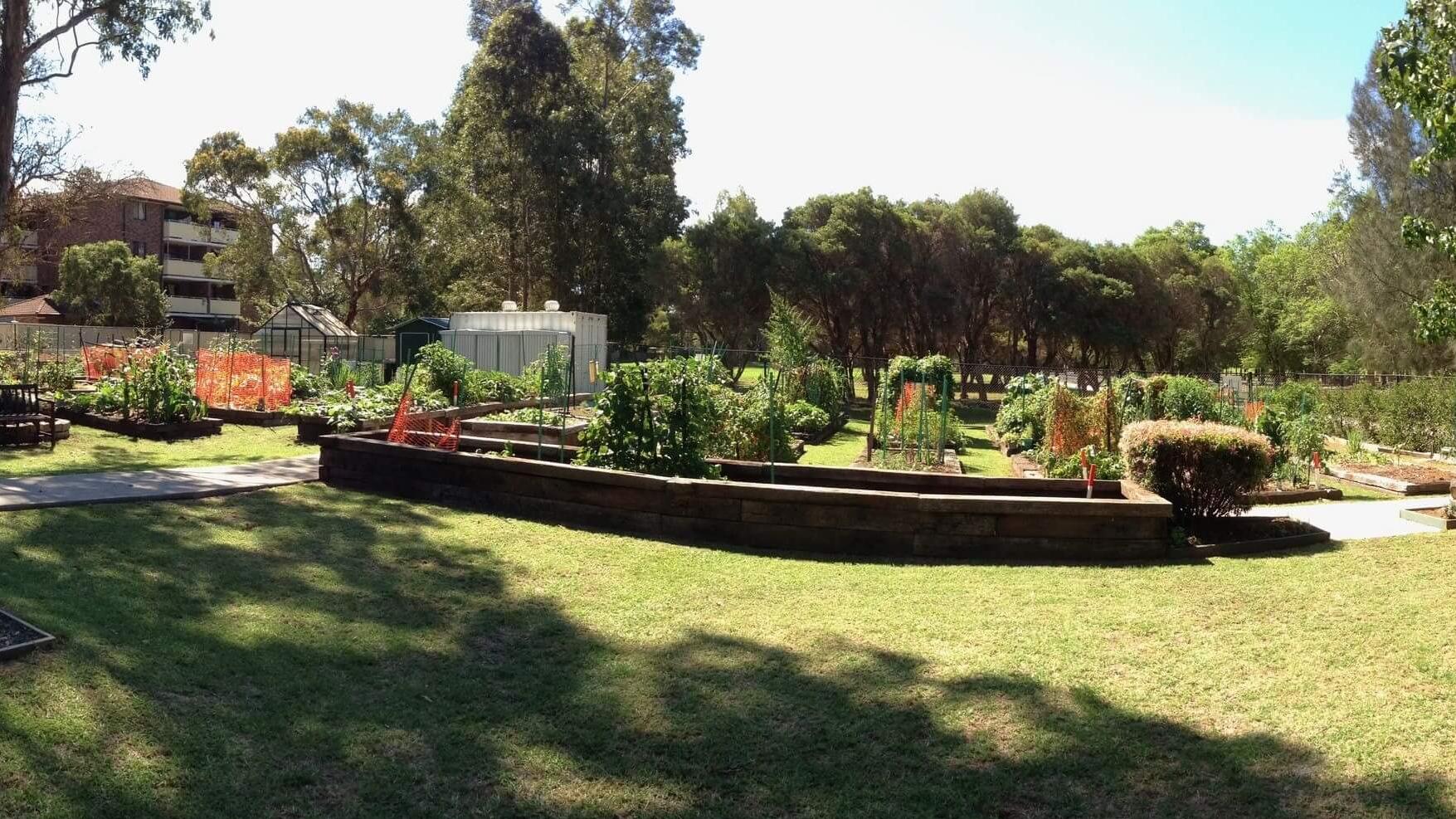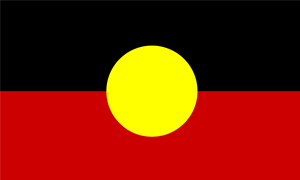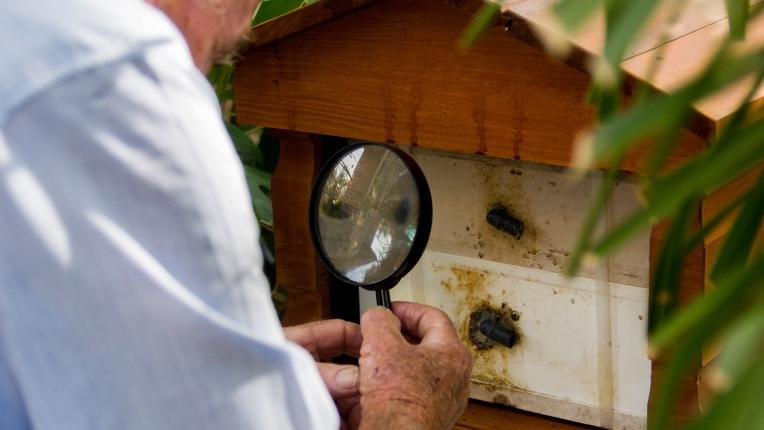
Join an environmental program that makes a difference
Free Plant Giveaways
Cumberland is committed to keeping our area clean, green and environmentally sustainable. By planting trees and shrubs in the area, we can help to improve everyone’s health and wellbeing.
Increasing the tree canopy also provides shade, habitats and corridors for wildlife to move from one suburb to another.
Kitchen 2 Gardens Program
This program involves FREE compost bags and vegetable seed giveaways to Cumberland residents. The compost is made from the material collected from household green bins.
Sustainability Workshops
Cumberland encourages residents to live a more sustainable lifestyle. Throughout the year, we host events to teach you how to live more sustainably. Simply check Council’s What’s On section regularly.
Further information
For more information contact Council on 8757 9000 or email council@cumberland.nsw.gov.au
